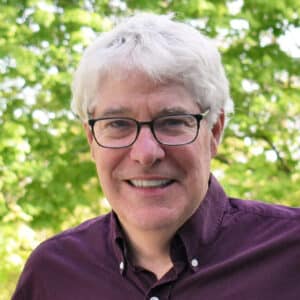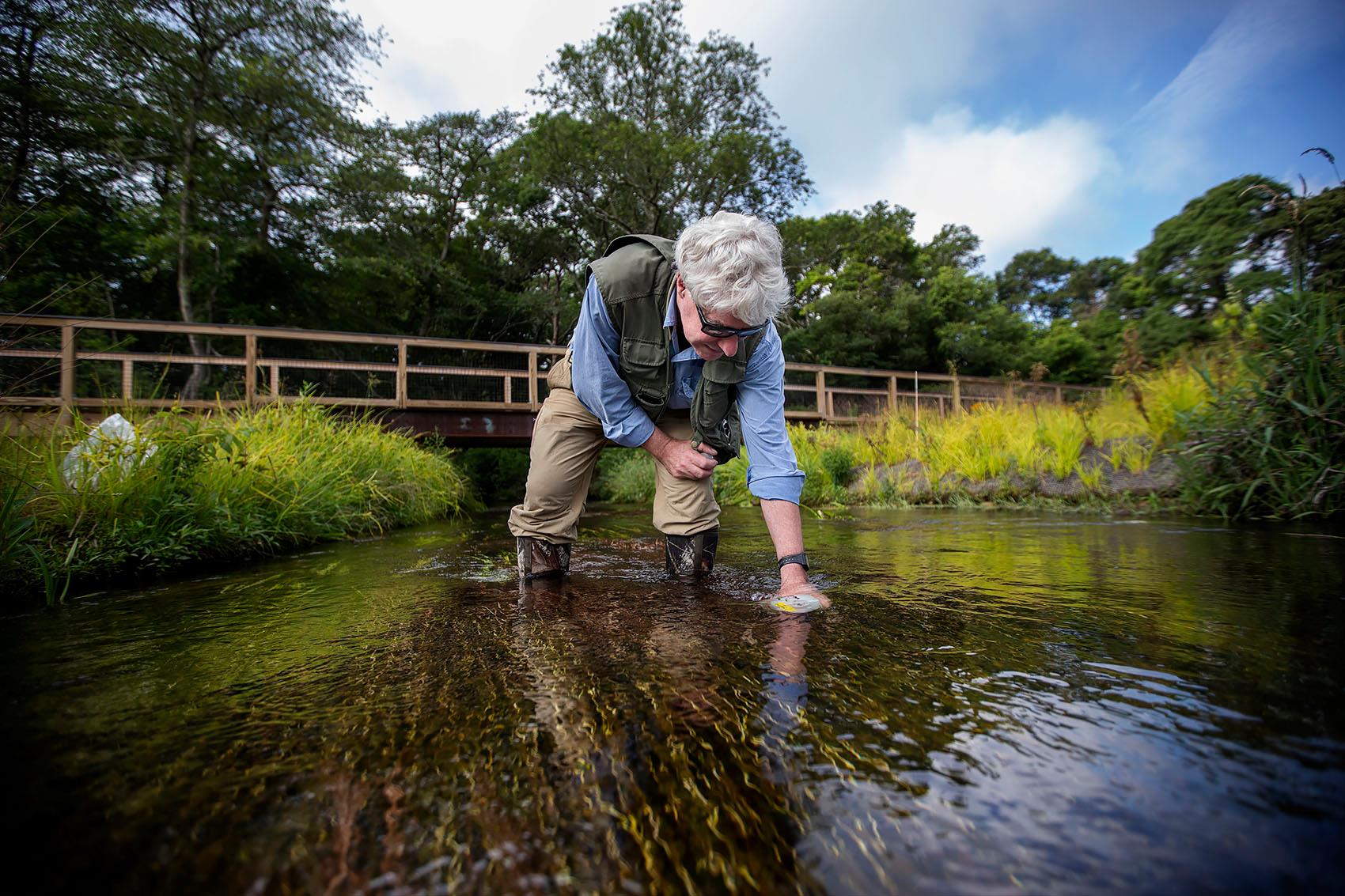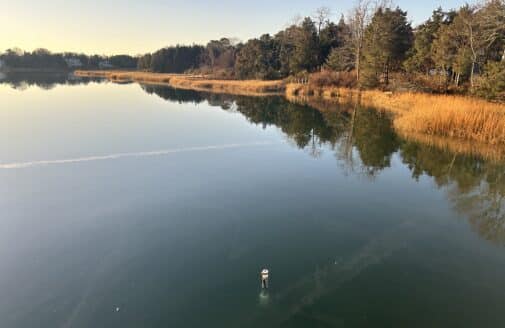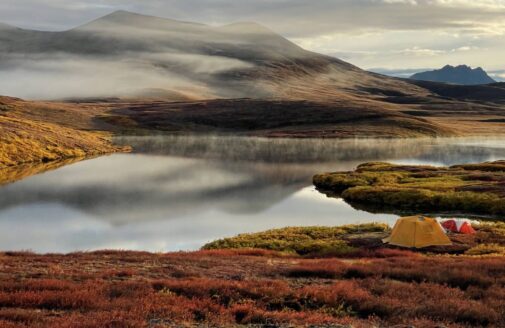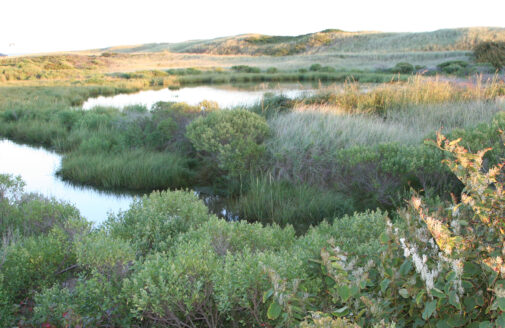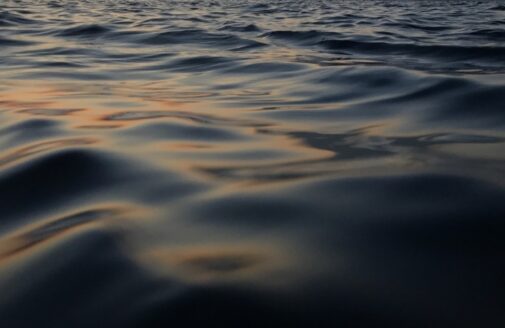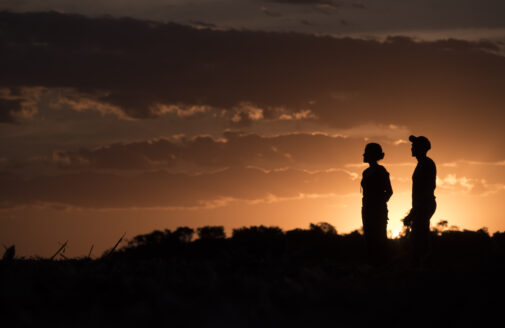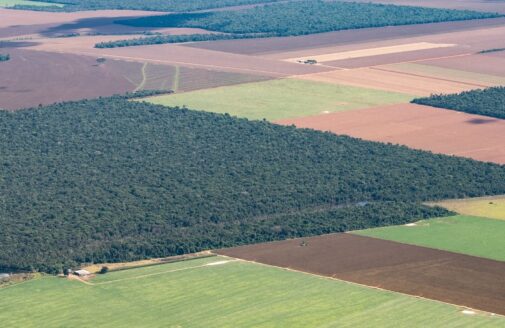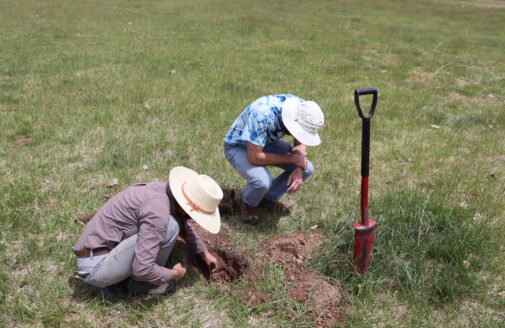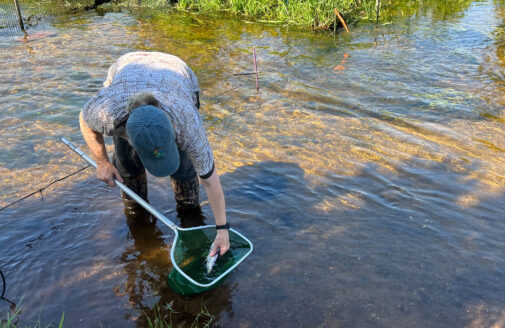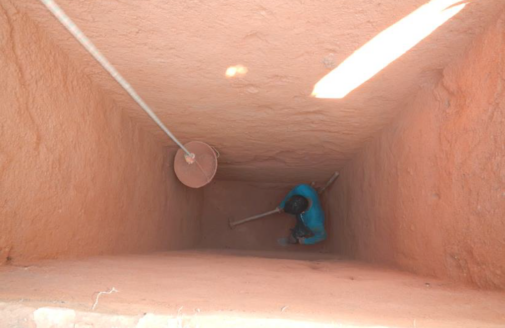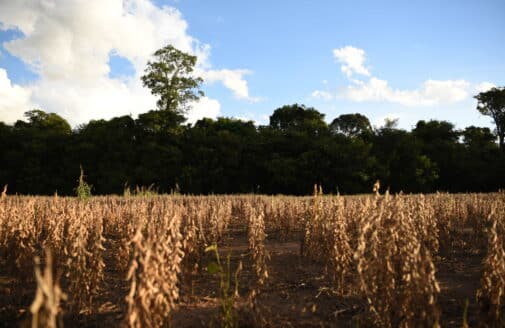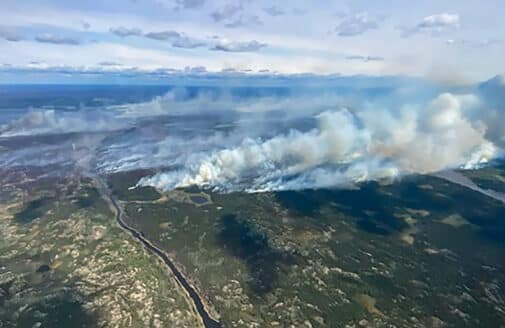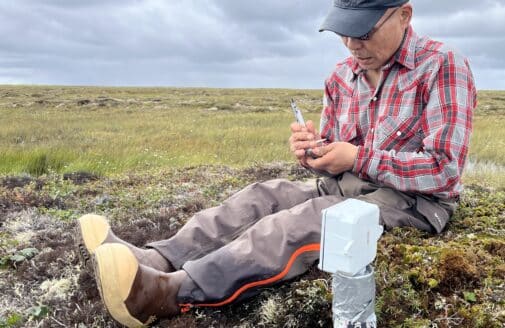I work collaboratively with a diverse array of partners. In the Amazon, I work with the Amazon Environmental Research Institute (IPAM Amazonia) to study how the intensification of farming practices change greenhouse gas emissions and runoff from watersheds into streams.
In Massachusetts, I work with the Buzzards Bay Coalition to monitor the impacts of nutrient pollution in coastal waters, and with BiodiversityWorks on backyard biodiversity. I serve on advisory committees for Mass Audubon and Native Plant Trust. My work on the science behind restoring cranberry bogs to natural habitat involves state and federal agencies, the Town of Falmouth, the Coonamessett River Trust, and the Buzzards Bay Coalition. I am also part of Sandplain Grassland Network that includes The Nature Conservancy, The Trustees of Reservations, Albany Pine Bush Commission, New Hampshire Audubon Society, BiodiversityWorks, Sheriff’s Meadow Foundation, the Nantucket Conservation Foundation, and the Massachusetts Natural Heritage and Endangered Species Program.
I am dedicated to giving ecology a voice in public discourse. I am a sought-after speaker, am frequently quoted by the media, and write a monthly column for the Falmouth Enterprise—a habit I first developed writing columns for the Cornell Daily Sun as an undergraduate. My writing often features birds, which are a personal passion.




